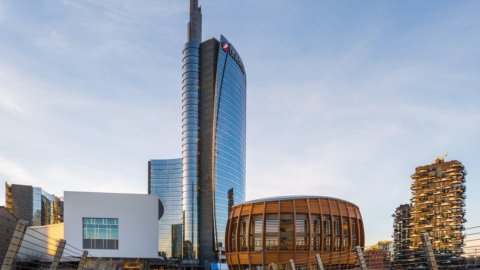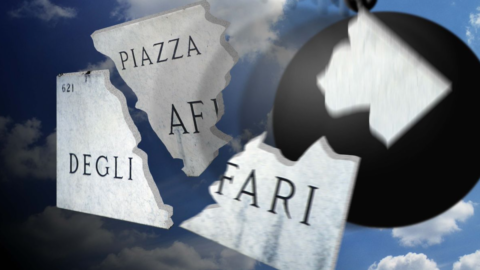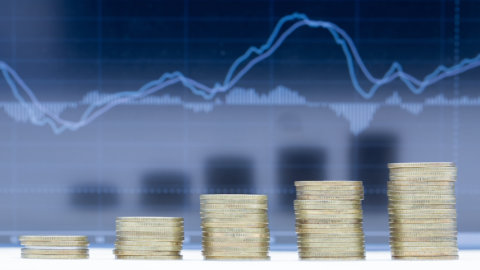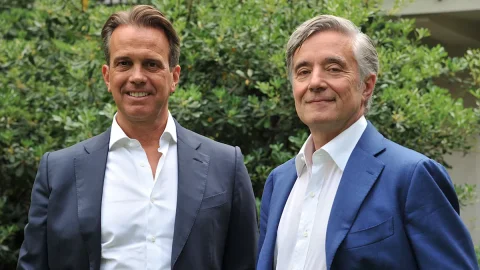Unicredit archives the first quarter of 2021 with a accounting net profit of 887 million euros. The result compares with the loss of 2,7 billion in the same period of 2020, which was affected, among other things, by adjustments to deal with the coronavirus emergency.
I revenues they increased by 7,1%, to 4,7 billion, thanks to the growth in commissions (+4,3%) and trading assets (+466 million).
On the side patrimonial, the fully loaded Cet31 capital ratio stood at 1% as at 15,92 March, with the fully loaded Cet1 MDA buffer at 689 basis points, its highest level ever, up 78 basis points QoQ.
Il interest margin (NII) was €2,2 billion, down 3,1% on a quarterly basis, with lending rates impacted by lower market rates, competition and state-guaranteed loans in Italy.
At the end of March the cost/income ratio it was at 51,5%, the lowest in more than a decade. This result, explains the bank, was possible thanks to a faster-than-expected reduction in the number of FTEs, which led to a decrease in HR costs year-over-year, and thanks to an improvement in non-HR costs year-over-year, driven by the decrease in travel and real estate expenses.
Il cost of accounting risk for the group it was contained in the quarter, underlined Unicredit, due to seasonal factors, as well as value recoveries and the anticipation of future economic impacts carried out in 2020. The underlying cost of risk for 2021 is now expected to be below 60 basis points.
Il ratio of gross non-performing loans to total gross loans is at 4,8%: the complete elimination of the Non Core portfolio is confirmed for 2021.
For financial year 2021, Unicredit expects underlying net income and revenues broadly in line with guidance. Costs for the full year are confirmed at 2019 levels. Complete zeroing of the Non Core portfolio by 2021 has also been confirmed.
"We will need time to relaunch and strengthen the business - underlines the CEO of Unicredit, Andrea Orcell, recently arrived at the helm of the institution – moving from a phase of downsizing to one characterized by disciplined growth of profitability and sound and organic capital creation. We will strengthen customer centricity in everything we do.”
Furthermore, “following the decisions taken in the past in terms of risk appetite – continues Orcel – the interest margin will probably continue for a certain period to face unfavorable market conditions even compared to its competitors. Going forward, we may also not benefit to the same extent from the factors that positively offset this quarter. We will achieve greater integration of technology into our operations and simplify the way we work by removing the obstacles that prevent us from providing our customers with an adequate service”.
In any case, “we need to time to ensure that the changes we have in mind are implementedalways in the best long-term interest of our business – concluded the CEO – while we are already committed to evaluating, reviewing and developing a plan that will determine our strategy for the coming years”.
Unicredit expects that the strategic review launched after the inauguration of the new CEO and the new board of directors will be completed in the second half of the year and will be communicated to the markets in a Capital Markets Day.
“UniCredit's underlying net profit improved in the first quarter to 0,9 billion euros – he specifies Stefano Porro, cfo of UniCredit – This is a significant performance and an encouraging start to the year, considering that the impact of Covid-19 on economies and people's lives has continued to be felt. We have seen a recovery in our revenues, with the highest level of fees in over five years and strong momentum in the commercial activity. This recovery in top-line performance, coupled with rigorous cost discipline, has enabled us to achieve the lowest cost-to-income ratio in over a decade, at 51,5%. We also recorded a particularly low cost of risk, thanks to credit quality which remained stable. This has allowed us to remunerate our shareholders with an overall return on capital which for this year is estimated at over 1 billion euros through the distribution of dividends and share buybacks, equivalent to a return of approximately 6%”.





